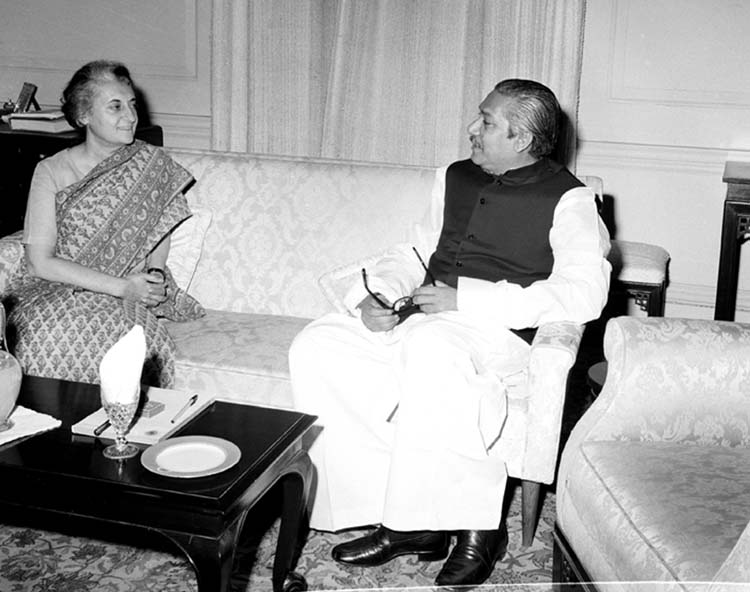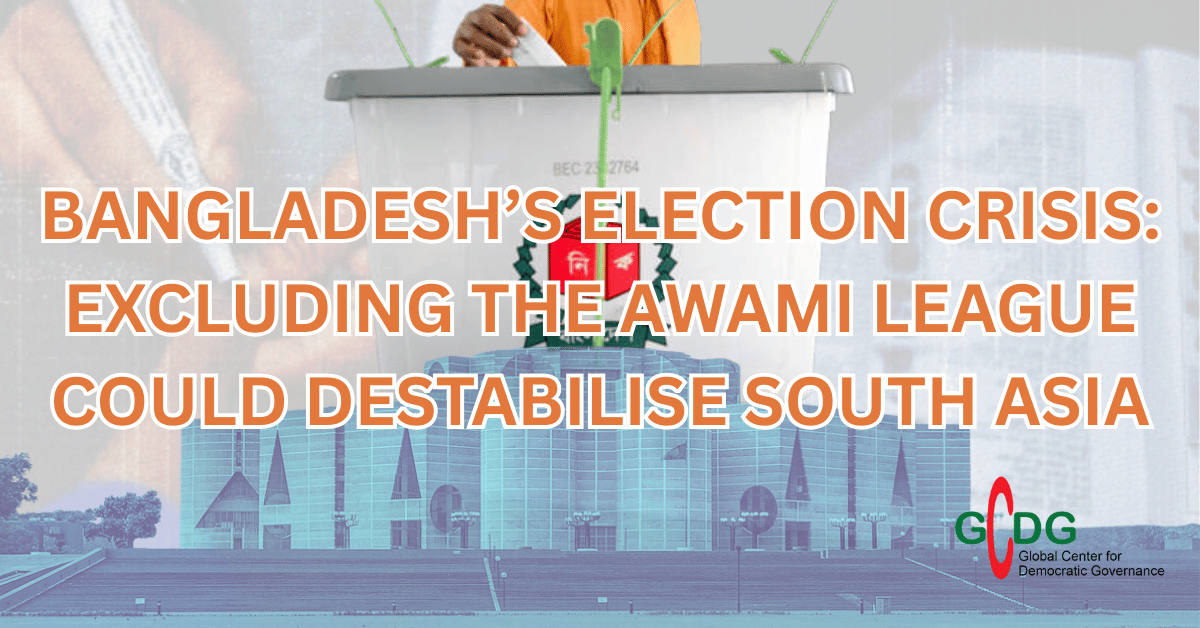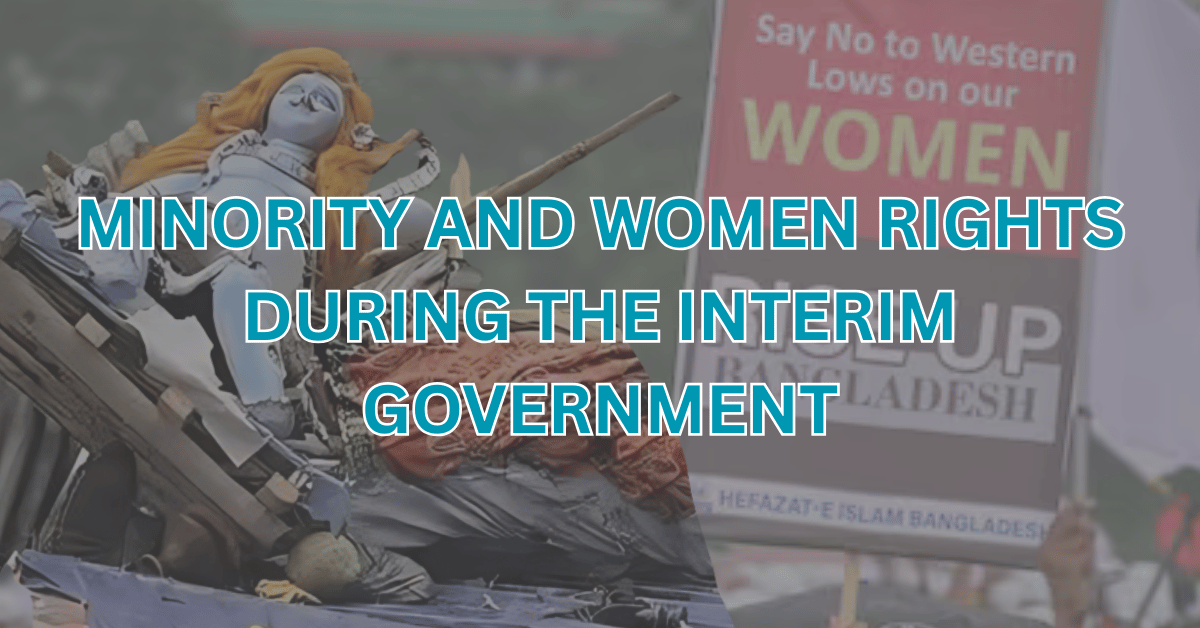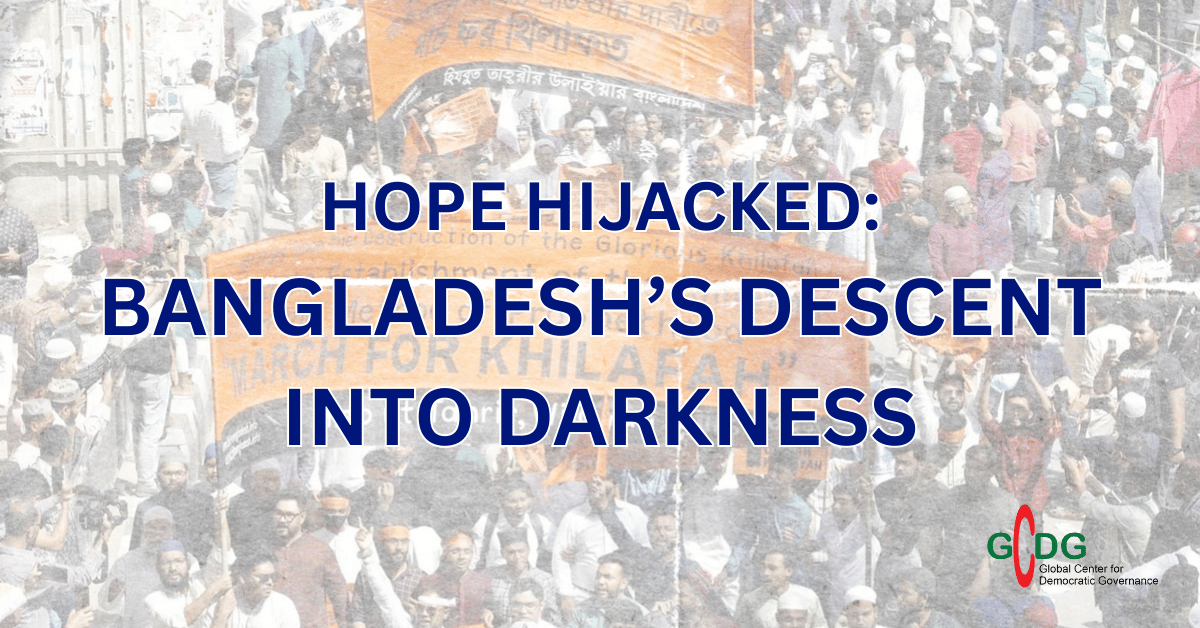The interim government’s ban on Bangladesh’s largest political party undermines democracy, empowers extremists, and threatens…

Bangabandhu’s India Policy: Building Friendship and Safeguarding Sovereignty
Engr. Mirza Rakib
Abstract
This article explores Bangabandhu Sheikh Mujibur Rahman’s India policy, which was deeply rooted in mutual cooperation, friendship, and regional stability in the formative years of Bangladesh’s independence. It highlights two historic meetings between Bangabandhu and Indian Prime Minister Indira Gandhi, the first on 10 January 1972 and the second on 6–7 February 1972, where critical issues of bilateral relations were addressed, including the withdrawal of Indian troops stationed in Bangladesh after the Liberation War. Furthermore, the article examines the series of agreements signed between 1972 and 1975 covering trade, water sharing, boundary settlement, and the Treaty of Peace and Friendship. These diplomatic moves not only strengthened Bangladesh-India ties but also reinforced Bangladesh’s sovereignty, international recognition, and long-term frameworks for cooperation in security, economy, and culture.
Indira – Mujib Meeting
On Monday, 10 January 1972, Sheikh Mujibur Rahman arrived at Delhi airport around 8 a.m. aboard a British government plane, just two days after his release from a Pakistani prison. Before reaching Delhi, he had briefly stayed in London and met former British Prime Minister Edward Heath. At Palam Airport, Sheikh Mujibur Rahman was warmly received by India’s President V. V. Giri, Indira Gandhi, cabinet members, and top officials. The reception in Delhi was marked by a 21-gun salute, the hoisting of the national flags, and the playing of the national anthems of both Bangladesh and India.[1,2]
During his address, Sheikh Mujibur Rahman expressed profound gratitude to India for its unwavering support during Bangladesh’s liberation war. He praised the Prime Minister, the government, the armed forces, and the citizens, and personally thanked Indira Gandhi, noting that just two days earlier he had been imprisoned in West Pakistan, and that she had gone to extraordinary lengths to ensure his safety. It was also acknowledged that Indira Gandhi had made three promises: the return of all refugees, full support for the freedom fighters and the people of Bangladesh, and his release from captivity. All three promises were fulfilled, underscoring India’s commitment to Bangladesh’s independence and highlighting the pivotal role played by Indira Gandhi in securing Bangabandhu’s freedom. [1,2].
Withdrawal of Indian Troops
During the Liberation War, India extended wholehearted support to Bangladesh, aiding refugees and fighting alongside the freedom fighters against Pakistani forces. However, even after independence, Indian troops remained in Bangladesh, which Bangabandhu Sheikh Mujibur Rahman considered a possible obstacle to gaining international recognition and a source of unwelcome rumours [4].
Bangabandhu Sheikh Mujibur Rahman discussed the withdrawal of Indian troops from Bangladesh during his first meeting with Indira Gandhi, a matter he had already raised on the plane from London to Dhaka. Initially, the army troops were planned to be withdrawn by 30 June 1972, but Indian diplomat Shashank Shekhar Banerjee was instructed that the withdrawal must be completed by 31 March. In his meeting, Mujibur Rahman expressed gratitude and inquired about the departure date of Indian forces, and Indira Gandhi assured a swift withdrawal. Later, during his visit to India on 6–7 February 1972, Mujibur Rahman again raised the issue in Kolkata, and Gandhi promised all troops would leave before 17 March. Accordingly, on 12 March 1972, Indian troops began leaving Bangladesh, with a ceremonial farewell held at Dhaka Stadium. Just three months after independence, the complete withdrawal of Indian forces became possible due to Mujibur Rahman’s decisive leadership, and his Delhi stopover with Indira Gandhi is remembered as a landmark decision. [5,6]
Mujib-Indira Treaty (Treaty of Peace and Friendship 1972)
It was a bilateral international agreement signed between Bangladesh’s Prime Minister Sheikh Mujibur Rahman and India’s Prime Minister Indira Gandhi on 19 March 1972. The agreement contained a total of 12 articles. Article 11 mentioned a duration of 25 years. However, Article 10 allowed either party to terminate the agreement without giving any reason. As a result, the agreement is largely considered a courtesy agreement without strict binding obligations. When its term ended in 1997, the agreement was not renewed. Article 9 states that each country agrees not to support any third party attacking the other. If either country is attacked or threatened, both will consult immediately and take necessary measures to protect peace and security[7].
In short, the agreement established long-term friendship, non-interference, cooperative development, cultural exchange, and mutual security between Bangladesh and India.
Although this agreement is often referred to in India as a ‘treaty selling the country,’ it contains nothing that contradicts Bangladesh’s national interests. The treaty remained in force for 25 years and was not renewed thereafter. Notably, even though Mujib’s opposition party was in power for 20 of those 25 years, the treaty was never cancelled or revoked.
Water Sharing and Land Boundary Agreement between India and Bangladesh (1974)
The water agreement, enclave exchange, and land boundary agreements reflected Bangabandhu’s vision and were passed in Parliament on May 6, 1974. Despite being falsely labelled a 25-year “servitude treaty” by anti-independence forces, the framework guided later initiatives like the Teesta water, enclave exchange, and land boundary agreements. On May 6, 1974, Bangladesh ceded Berubari to India, and India agreed to a three-bigha corridor for enclave access. Following Bangabandhu’s assassination on August 15, 1975, propaganda misrepresented the treaty as “selling the country.” In 1986, Sheikh Hasina advocated for enclave corridors and funded 50 tubewells for Dahagram-Angarpota residents. In 1991, the BNP (Bangladesh Nationalist Party) government under Khaleda Zia secured India’s recognition to operate the corridor during the day. After 25 years, both countries continued implementing the 1974 agreement, and when the Awami League returned to power in 1996, talks resumed on Teesta water, enclave exchange, and land boundary agreements toward full realization of the Mujib-Indira treaty [8,9,10].
India-Bangladesh Trade Agreement (1972)
The 1972 trade agreement was a crucial step in solidifying the economic ties between India and Bangladesh after Bangladesh’s liberation. It laid the foundation for future trade and economic cooperation, addressing immediate needs and setting the stage for broader collaboration in various sectors. The agreement also reflected the close relationship forged during Bangladesh’s liberation war, where India provided significant support. [11]
Conclusion
Bangabandhu Sheikh Mujibur Rahman’s India policy reflected his visionary statesmanship and unwavering commitment to safeguarding Bangladesh’s sovereignty while building constructive relations with its closest neighbour. By successfully ensuring the withdrawal of Indian forces within three months of independence, engaging in landmark meetings with Indira Gandhi, and signing key agreements on peace, trade, and borders between 1972 and 1975, he laid the foundation of Bangladesh’s foreign policy on the principle of “friendship with all, enmity with none.” Despite later controversies and misrepresentations, his pragmatic diplomacy established enduring structures of cooperation that continue to shape Bangladesh-India relations and regional stability.
Reference:
- https://www.bbc.com/bengali/news-51058801
- https://www.thedailystar.net/one-person-made-a-big-difference-50467
- https://www.thedailystar.net/supplements/bangabandhus-homecoming-day/news/bangabandhu-arrives-delhi-1852045
- https://dainikbangla.com.bd/opinion/9943/1673318941
- https://www.jugantor.com/tp-firstpage/655408
- https://www.somoynews.tv/news/2023-01-10/যে-কারণে-গুরুত্বপূর্ণ-ছিল-ইন্দিরা-গান্ধী-ও-বঙ্গবন্ধুর-সাক্ষাৎ
- https://www.mea.gov.in/bilateral-docments.htm?dtl/5621#:~:text=Media%20Center,for%20territorial%20integrity%20and%20sovereignty%2C
- https://web.archive.org/web/20170105134802/http:/archive.prothom-alo.com/detail/date/2011-12-02/news/179047
- https://www.mea.gov.in/Portal/LegalTreatiesDoc/BG77B1729.pdf
- https://www.mea.gov.in/Portal/LegalTreatiesDoc/BG74B2547.pdf
- https://www.mea.gov.in/Portal/LegalTreatiesDoc/BG72B1573.pdf
Mirza Rakib is a professional engineer working in New Zealand




Comments (0)